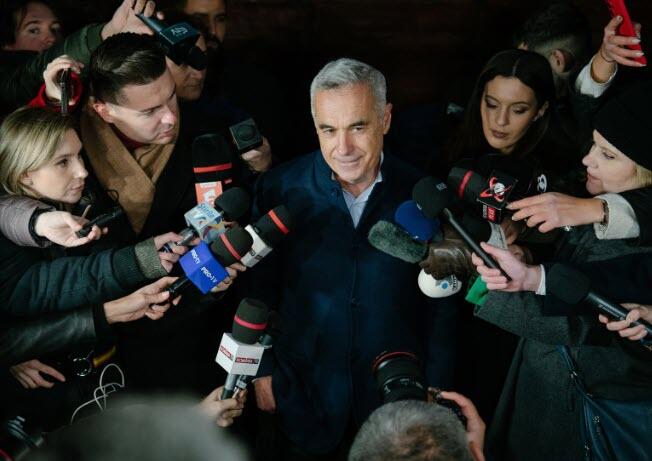Romania’s political landscape is in turmoil after far-right frontrunner Calin Georgescu was barred from running in the May presidential election, a move that has deepened anti-establishment sentiment and sparked widespread protests. The Bucharest electoral bureau invalidated Georgescu’s candidacy due to alleged anti-democratic and extremist stances, a decision he is appealing.
This follows a previous annulment of the November election results, in which Georgescu emerged victorious, due to suspicions of Russian meddling. Critics view these actions as a sign of democracy’s decline, with some suggesting it’s a power grab by liberal-globalists threatened by Georgescu’s common-sense approach to Russia. The situation has drawn international attention, potentially setting the stage for a confrontation between the EU and the US, as Romania holds strategic importance to NATO and the US.
Editor’s Note: The Romanian government’s decision to bar Calin Georgescu from the presidential race raises critical questions about the intersection of legality, jurisdiction, and democratic integrity. Under Romanian law, the Constitutional Court has jurisdiction over candidacy disputes, as outlined in Article 37 of Law no. 47/1992 and related electoral legislation, which allows for the invalidation of candidacies based on procedural or legal grounds. However, while the court’s authority appears lawful, the broader implications for democracy are troubling. The exclusion of a leading candidate—especially one with significant popular support—risks undermining public trust in electoral fairness and could exacerbate political polarization. This incident highlights the fragility of democratic institutions when legal mechanisms are perceived as tools for political suppression rather than impartial governance.
Read Original Article
Read Online
Click the button below if you wish to read the article on the website where it was originally published.
Read Offline
Click the button below if you wish to read the article offline.
